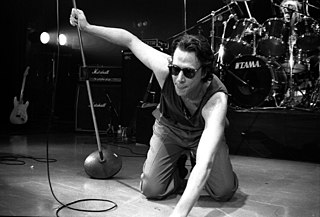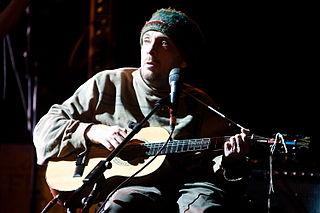A Quote by Sue Monk Kidd
I think many people need, even require, a narrative version of their life. I seem to be one of them. Writing memoir is, in some ways, a work of wholeness.
Related Quotes
I you're writing memoir, but it even comes up in fiction. People just assume that you're writing thinly veiled autobiography. And particularly, I think, for people of color, our work is always seen as kind of anthropological artifact regardless. So, there's always going to be that assumption, but even more so in a memoir because often the names aren't even changed. It is easier to verify.
The WRITER of memoir gets incoming weirdness in very odd ways. I was recently talking to a memoir writer whose work just went meteoric - but some of the comments and communications and gestures she gets in the wake of that success are stunningly and atrociously over-personal, as if suddenly people feel like they know her and her life intimately, and have permission to transgress all her "life" boundaries.
I find it interesting that people often seem to believe that authors of realistic fiction are directly translating their personal experiences into their work. The fact is that telling a story is a transformative experience. There is rarely a one-to-one translation onto the page unless you're writing memoir, and even then, memory is unreliable. I think that the best books feel emotionally true, and that truth has to be rooted in real-world experience.
I still don't know how to express the really delicate personal stuff. People think that Plastic Ono is very personal, but there are some subtleties of emotions which I cannot seem to express in pop music, and it frustrates me. Maybe that's why I still search for other ways of expressing myself. Song writing is a limiting experience in some ways - writing down words that have to rhyme.




































